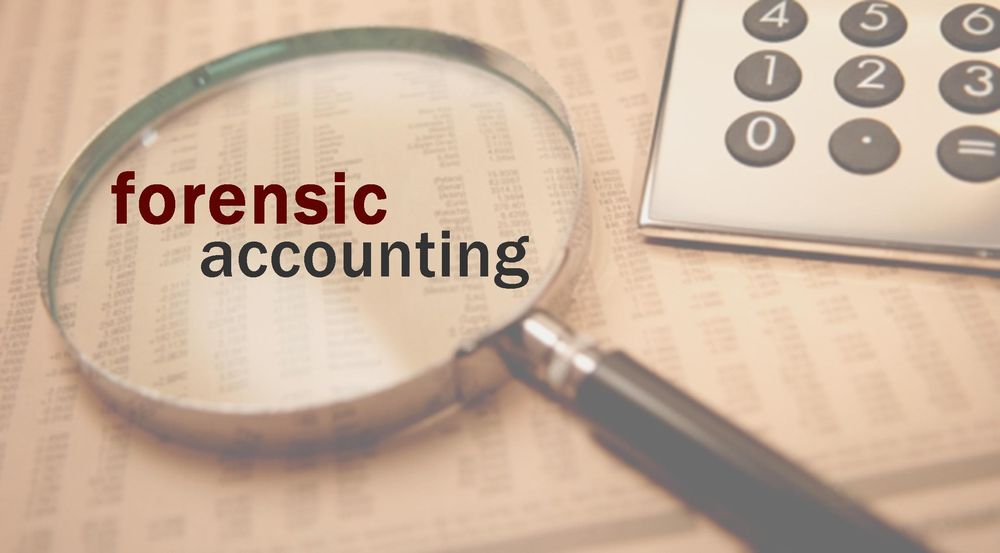Forensic accounting defines the whole process of carrying out a forensic investigation. This involves preparing an expert’s report (or witness statement) and acting as a potential expert witness in legal proceedings.
Forensic accounting is mostly applied in events of include fraud investigations, negligence cases, and insurance claims.
Here, experts from the global investigation and forensic accounting firm, Studler Doyle, will share more information about the application of forensic accounting.
When it comes to insurance claims, Studler Doyle’s forensic accountants explain that it is required to determine how much the client should claim from the insurer.
Firstly, in order to determine ‘coverage’ (what is insured) and any clauses that might invalidate the claim or restrict the amount that can be claimed, a detailed review of the insurance policy should be carried out.
As Studler Doyle forensic accountants further explain, gathering evidence in order to quantify the loss (the amount to be claimed), should be the second step.
Claims about the misappropriation of assets, such as theft of goods or money, are part of the insurance claims. When such cases are presented, in order to determine the value of the goods or cash stolen and to reconcile the amounts held, inventory or cash records will be reviewed by the forensic accountant. Studler Doyle experts indicate that the reliability of the information held will be tested by forensic accountants. They will count a sample of inventory or cash which is currently held in comparison with the client’s records. It will be not assumed immediately by the forensic accountant that there has been a theft and other possibilities such as an error in the data held will be considered.
However, according to the experts from the forensic accounting firm, Studler Doyle, insurance claims may be much more complicated. An example is business interruptions due to fire or flood.
When such a scenario is presented, prospective financial information will be reviewed and compared with the reported outturn. This will be done in order to evaluate the loss of profit due to the business interruption.
It will be not assumed by the forensic accountant that there has been any loss of profit due to the business interruption. Studler Doyle forensic accountants point out that other possibilities, such as a straightforward loss of market share to a competitor, will be considered.
When it comes to forensic engagements, it is often required that the forensic accountant quantifies a loss.
Such engagement may be in professional negligence claims.
An example, shared by Studler Doyle experts is when another accountant has breached their duty of care to a client or third party and when this scenario results in a loss for that client. In these events, an opinion on whether the duty of care owed has been breached would be provided by the forensic accountant.
Moreover, a forensic accountant may also be needed in the case when two parties cannot agree on the amount owed by one party to another. In this case, Studler Doyle experts point out that the accountant provides an expert valuation, of a business for example.
